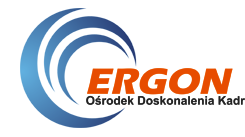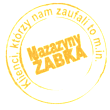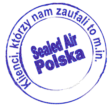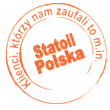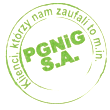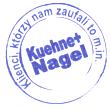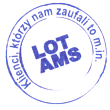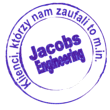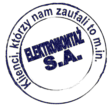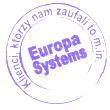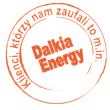Training of employees performing particularly dangerous work
We invite you to take advantage of our training offer Health and Safety in ODK ERGON! We would like to remind you that company managers and employees are obliged to be aware of the applicable regulations for carrying out particularly hazardous work. This knowledge can only be acquired by attending an appropriate course. We offer comprehensive and professional periodic training in occupational health and safety.

What are the most dangerous jobs?
According to occupational health and safety regulations, particularly hazardous work is work whose performance increases the risk of accidents due to its nature, the hazardous materials used or the place where it is performed. Particularly hazardous means:
- construction, demolition, renovation and assembly works carried out without stopping the operation of the workplace or its part;
- work in tanks, ducts, inside technical equipment and other dangerous confined spaces, as well as work with hazardous materials and work at height;
- work recognised as particularly hazardous by other health and safety legislation or by instructions for the operation of equipment and installations, and other work with increased hazards or performed under difficult conditions, recognised as particularly hazardous by the employer.
Purpose of the training
According to the Labour Code, employers are obliged to refer their employees to periodic training on occupational health and safety. The aim of the training we offer is to provide participants with the knowledge of creating safe and hygienic working conditions in accordance with current legislation and legal acts. The trainee will be able to define, assess, plan, control and suggest solutions to health and safety problems occurring in the workplace. Following the training offered by ERGON, trainees will be able to independently investigate, analyse and reduce the causes of risks. Participants will learn how to cooperate with employers and employees in identifying possible risks.

Periodic training program
The following issues will be discussed during the training:
- particularly hazardous work;
- regulations,
- general division of particularly dangerous works,
- responsibilities of the management and managerial staff,
- procedures,
- other work and supervision over employees.
- Legal labour protection - management supervision;
- basic information on labor law,
- current regulations on the rights and obligations of employers and employees,
- Current legislation in the field of preventive health care for employees and occupational health and safety training and the impact on management responsibility,
- the role of a manager in disciplinary dismissal.
- Accidents at work - the role of the manager;
- current legal status,
- the concept of an accident at work,
- the concept of an accident treated as equal to an accident at work,
- the concept of a near miss,
- breakdown of accidents according to their consequences (fatal, heavy, collective),
- accidents at work and other employment-related accidents in the light of the judicature of the Supreme Court,
- consumption of alcohol, intoxicants and an accident at work,
- pursuing an accident claim under civil law,
- the responsibilities of managers, health and safety services, maintenance services, the wider plant management.
- employees' material and personal liability;
- types of penalties,
- the possibility of their use,
- the mode of imposing ordinal penalties.

Benefits of choosing an ERGON offer
The courses offered by ODK ERGON guarantee professional staff consisting of experts in occupational health and safety and fire safety. During training, we use the latest teaching methods, e.g. activation methods, thanks to which participants take an active part in classes, which allows them to see the possibility of building a safety culture in their workplace.
How often should occupational health and safety training be organized and attended?
Periodic training courses are carried out to update knowledge on health and safety at work. They are carried out in accordance with the provisions of the regulation (Dz.U.2004.180.1860.).
| Position held in the workplace | The frequency of periodic training |
| employers and executives | once every 5 years |
| engineering and technical staff | once every 5 years |
| people employed in the health and safety service | once every 5 years |
| workers in blue-collar positions (high health and accident risk) | once every 1 year |
| workers in blue-collar positions | once every 3 years |
| administrative and clerical staff and others | once every 6 years |
Who is subject to health and safety training?
The need to train an employee in health and safety before allowing him or her to work, and to organise periodic training in this area, is imposed by the Labour Code on the employer. If an employee does not have the necessary qualifications and permissions or required skills, as well as knowledge of the regulations, he/she may not be allowed to work for safety reasons. Health and safety training shall be provided to all employed persons, regardless of the type of work carried out, including:
- persons employed under civil law contracts;
- persons employed for the purpose of training to perform a specific job.
Why is it worth training at ERGON?
By choosing our training, you can be assured that your employees will gain a sound knowledge of the health and safety requirements for specific positions, especially those that are particularly hazardous. Should you have any questions about our offer please contact us - our staff will be happy to help clarify any doubts. We encourage you to choose our services! The team ERGON Personnel Training Center

